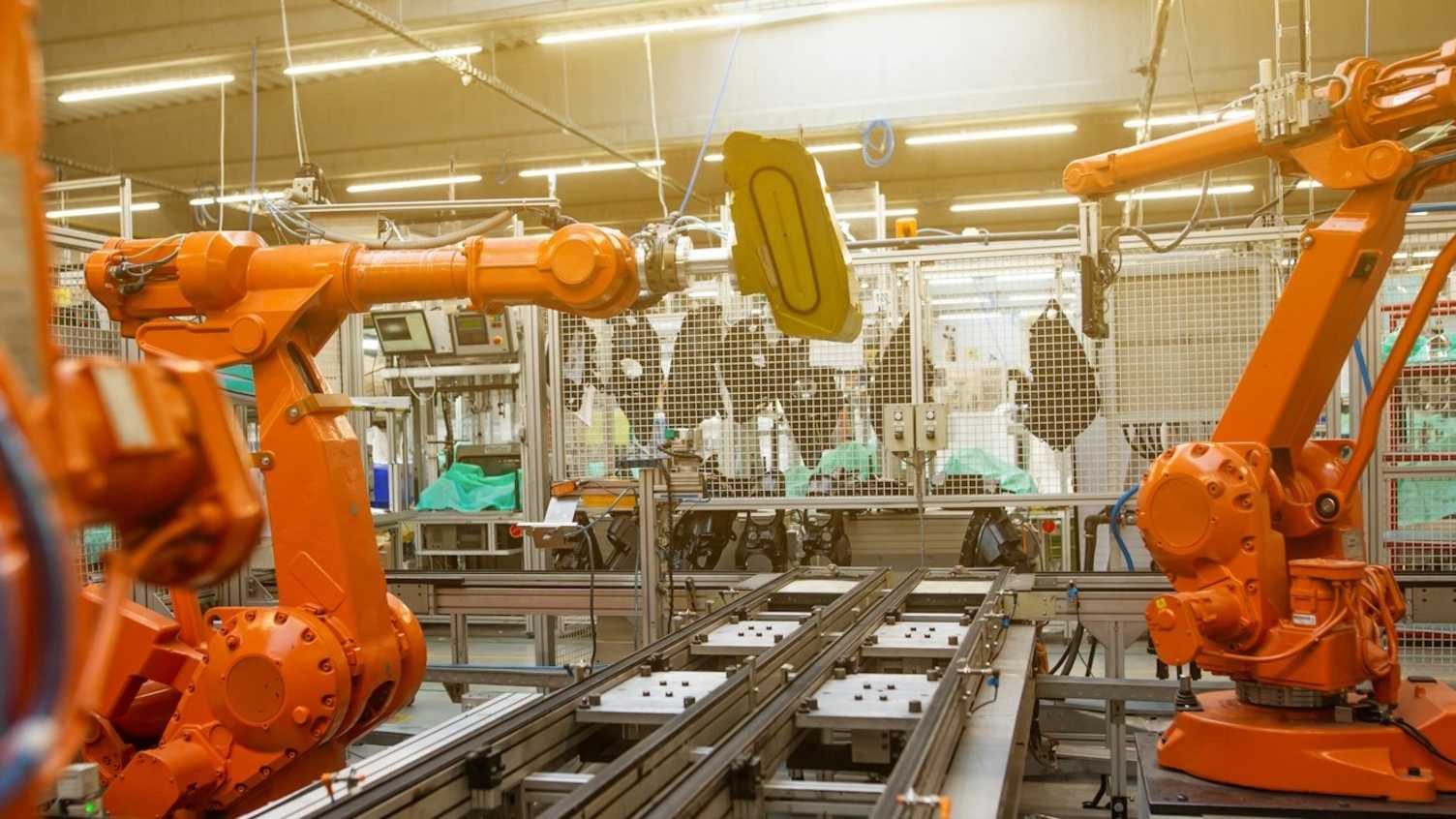- The University of Sheffield is a partner in four new hubs that are set to make manufacturing more sustainable
- Each hub will explore ways to reduce waste, emissions and pollution whilst also lowering production costs
- Hubs will address the challenge of commercialising early stage research within key areas of manufacturing, such as aerospace, medicines and semiconductors
Four new research hubs aiming to address the challenge of commercialising early stage research within key areas of manufacturing, such as aerospace, medicines and semiconductors, have been launched with academics at the University of Sheffield.
The hubs – four of the five hubs in the funding programme recently announced by the UK Research and Innovation Engineering and Physical Sciences Research Council (EPSRC) – are also aiming to make manufacturing processes more sustainable by reducing waste, emissions and pollution as well as lowering production costs.
The first hub – CSManuHubSust – aims to capitalise on the huge opportunity of compound semiconductor manufacturing, as identified in the UK’s national semiconductor strategy.
The researchers will develop energy-efficient opto-electronics for use in key emerging technologies such as quantum. They will expand on the environmental benefits of compound semiconductors by creating new devices, such as mercury-free ‘night vision’ mid-infrared detector arrays and devices that both communicate and illuminate based on integrated transistors and LEDs. The hub is led by Cardiff University in collaboration with Professor Lenny Koh from the University of Sheffield’s Management School.
The second – the Advanced Metrology for Sustainable Manufacturing hub – will develop ground-breaking new technologies, such as ultra-fast and compact sensors using nanophotonic metamaterials and quantum sensors, to improve resource efficiency and productivity across the range of sectors that rely on precision manufacturing.
The advances in metrology – the science of measurement – that this hub aims to achieve could ultimately reduce industries’ reliance on cheap international labour and significantly reduce the carbon cost of transportation for many types of manufactured goods. The hub is led by the University of Huddersfield in collaboration with Professor Ben Morgan from the University of Sheffield Advanced Manufacturing Research Centre (AMRC).
The third – the MediForge hub – aims to transform the development and manufacturing of medicines by pioneering an Industry 5.0 approach focused on harnessing advanced technologies, such as robotics and AI for sustainable, resilient and human-centric medicine production.
This includes:
- Achieving a 60 per cent reduction in raw material use and the reduction of waste
- Accelerating patient access to new medicines by increasing research and development (R&D) productivity and agile manufacturing
- The use of technologies to reduce repetitive tasks to free researchers up for creative tasks
The MediForge hub is led by the University of Strathclyde in collaboration with Professor Rachel Smith and Professor Jim Litster from the University of Sheffield’s Department of Chemical and Biological Engineering.
The fourth hub – Manufacturing Research Hub in Robotics, Automation and Smart Machine Enabled Sustainable Circular Manufacturing and Materials (RESCu-M2) – is led by the University of Birmingham in collaboration with Professor Ashutosh Tiwari, Deputy Vice-President for Innovation at the University of Sheffield and Airbus/RAEng Chair in Digital Manufacturing. This hub aims to use advances in AI, robotics and intelligent automation to create a new sustainable circular manufacturing ecosystem across sectors, such as large aerospace structures, electric drives, energy, and medical devices.
By improving the way we reuse, repair, refurbish, remanufacture and recycle in manufacturing, the hub will help to ensure that we increase reuse of critical components by at least 75 per cent and reclaim at least 50 per cent more components. For example, increasing the reuse of rare earth metals from magnets by just 30 per cent could secure the UK’s supply of these critical materials whose supply is typically environmentally destructive and from politically unstable regions.
Professor Sue Hartley, Vice-President for Research and Innovation at the University of Sheffield, said: “I’m really pleased to see academics from Sheffield collaborating in so many of these new sustainable manufacturing hubs. Research and innovation in manufacturing is an area of strength for us here at the University of Sheffield. Our academics have a fantastic track record delivering projects that have real impact locally, nationally and internationally and these hubs continue that tradition. I’d like to congratulate everyone involved on these awards and I wish you every success in your research to help make manufacturing more efficient, productive and sustainable.”

